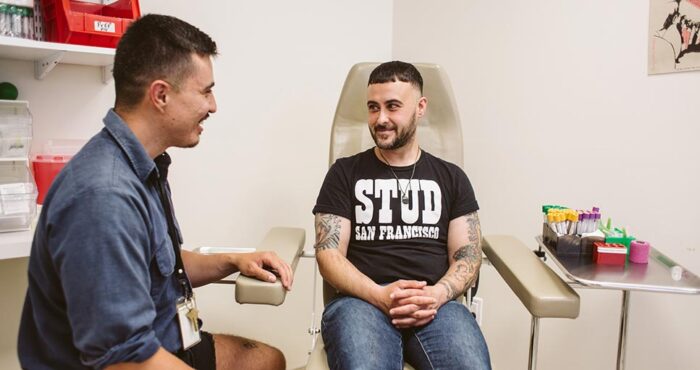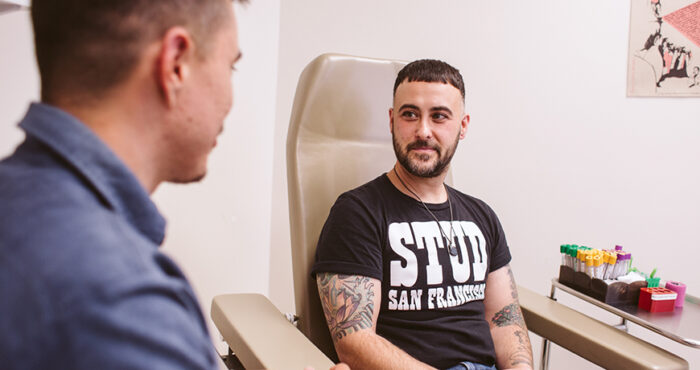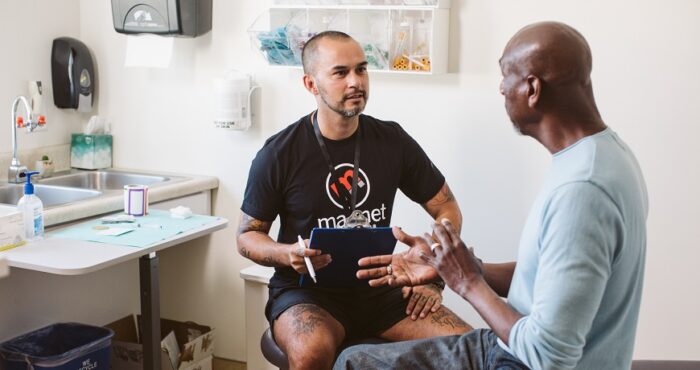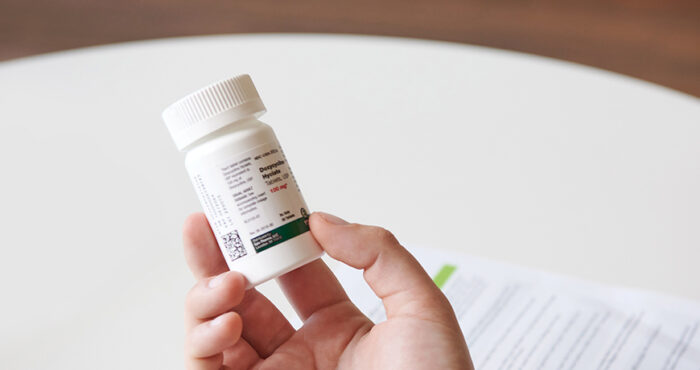PrEP home delivery study brings PrEP to young men of color

The small group of young men who took part in a recent PrEP study by a group of California researchers liked being able to access PrEP services and care from the comfort of their own home. The study, called PrEPTECH, offered “telehealth” PrEP care—with clinical visits through a video-based app, home STI testing, and PrEP medication delivered to their doorstep.
“In follow-up surveys, many participants highlighted the convenience of the service,” said Oliver Refugio, MD, MPH. “These were busy young men who may not always have time for clinic appointments in the middle of the day, or have reliable transportation to make appointments. This was a way for us to reach people who may not otherwise have accessed PrEP with a different type of service.”
Making PrEP available to men who have sex with men (MSM) of color continues to be a priority for public health, and researchers are focusing on innovative ways to increase PrEP awareness, access and uptake. Refugio said one goal of this study was to test the effectiveness and acceptability of a PrEP telehealth service among young MSM of color.
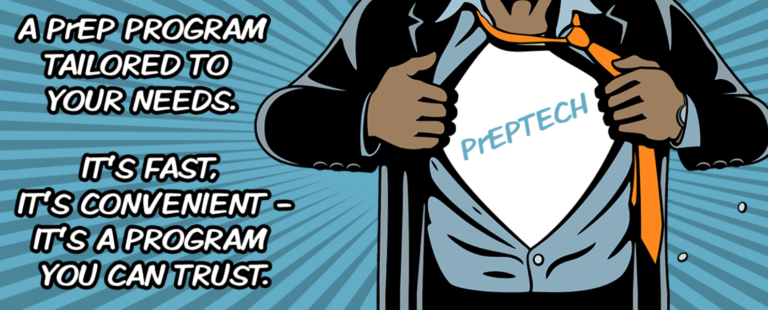
“PrEP is widely available, but there are certain populations whose uptake of PrEP isn’t as high as in other populations,” said Refugio. “Among MSM, Black and Latinos have higher rates of HIV transmission and lower rates of PrEP uptake. It is worrisome that men who may need PrEP the most aren’t getting it.”
The PrEP telehealth study specifically recruited young MSM of color with English-language advertising featuring men of color and placed in spaces frequented by young men of color in the San Francisco Bay Area. A total of 25 participants were enrolled. Participants used a password-protected account on the PrEPTECH website to communicate with clinicians, receive pill-taking reminders and find instructions on PrEP and STI testing.
Participants received an STI test kit at home so they could self-swab for pharyngeal (throat) and rectal gonorrhea and chlamydia. Participants dropped their STI samples off and also had their blood drawn for an HIV and hepatitis B test at a local laboratory.
After being cleared to take PrEP by a clinician, participants were mailed a three-month supply of Truvada at home. An infectious disease physician conducted phone visits with the participants after 30, 90 and 180 days to review lab results and discuss PrEP adherence and sexual behaviors, and to refer participants who tested positive for STIs to treatment.
The average age of participants was 22 and ranged from 18 to 25. 40% were Hispanic or Latino, 32% were Asian or Pacific Islander, 16% were white, 8% were Black or African American and 4% were Middle Eastern. Most (80%) had medical insurance.
The men in the study expressed high levels of satisfaction with this method of PrEP access.
- 85% said that PrEPTECH is a “better way” for gay/bi men to receive PrEP care.
- 88% reported that PrEPTECH was “very” or “extremely” easy to use.
- 100% of participants said that PrEPTECH was “very” or “extremely” fast and convenient.
Beyond convenience, participants reported that the PrEPTECH study helped them avoid PrEP and HIV-related stigma. The home-based care prevented participants from the possible discomfort of requesting PrEP services in person at an HIV or LGBTQ-focused care center, or from requesting PrEP services from a clinician not well-versed in PrEP care.
When asked about barriers to PrEP care, about two-thirds of participants (67%) said that they would feel “uncomfortable” going to a doctor’s office or clinic for PrEP. About half (52%) had heard of other people being stigmatized for taking PrEP.
Since in-person PrEP services that are inclusive and stigma-free are not available in many places, Refugio said that telehealth care services could help fill gaps in services for many people.
“The hope is to be able to scale up telehealth services like PrEPTECH around the country, so that we could do better outreach to people who for whatever reason aren’t getting PrEP,” said Refugio. “This is already beginning in some areas, but it’s limited by telehealth laws that change state-by-state. In California, it’s possible to establish telehealth care without an initial in-person physical visit, but this isn’t possible yet in many areas.”
—
Need help finding PrEP services?
Get free PrEP services at San Francisco including medical care, advice and help enrolling in insurance, benefits and patient assistance programs. Call 415-437-3400 with questions or make an appointment. Queer and trans people of color are prioritized for PrEP services and information every Thursday, from 5 PM – 8 PM at QTPOC at Strut events (470 Castro Street, in San Francisco).
Please PrEP Me is an easy-to-use resource that can help you find a PrEP health care provider. Search by their interactive map or by entering your city or zip code.
The PrEP Facts Facebook group is a resource for anyone interested in or currently taking PrEP. The group shares information, articles and answers questions about taking PrEP.
Find information about buying generic PrEP from I Want PrEP Now.
Source
Refugio, O. and colleagues. PrEPTECH: A Telehealth-Based Initiation Program for HIV Pre-exposure Prophylaxis in Young Men of Color Who Have Sex With Men. A Pilot Study of Feasibility. JAIDS, 2019.
—
San Francisco AIDS Foundation receives funding from corporate partners including those in the pharmaceutical industry. Editorial decisions on our blog and website are made independently. For more information about SFAF funding, please refer to our financial and tax documents.







